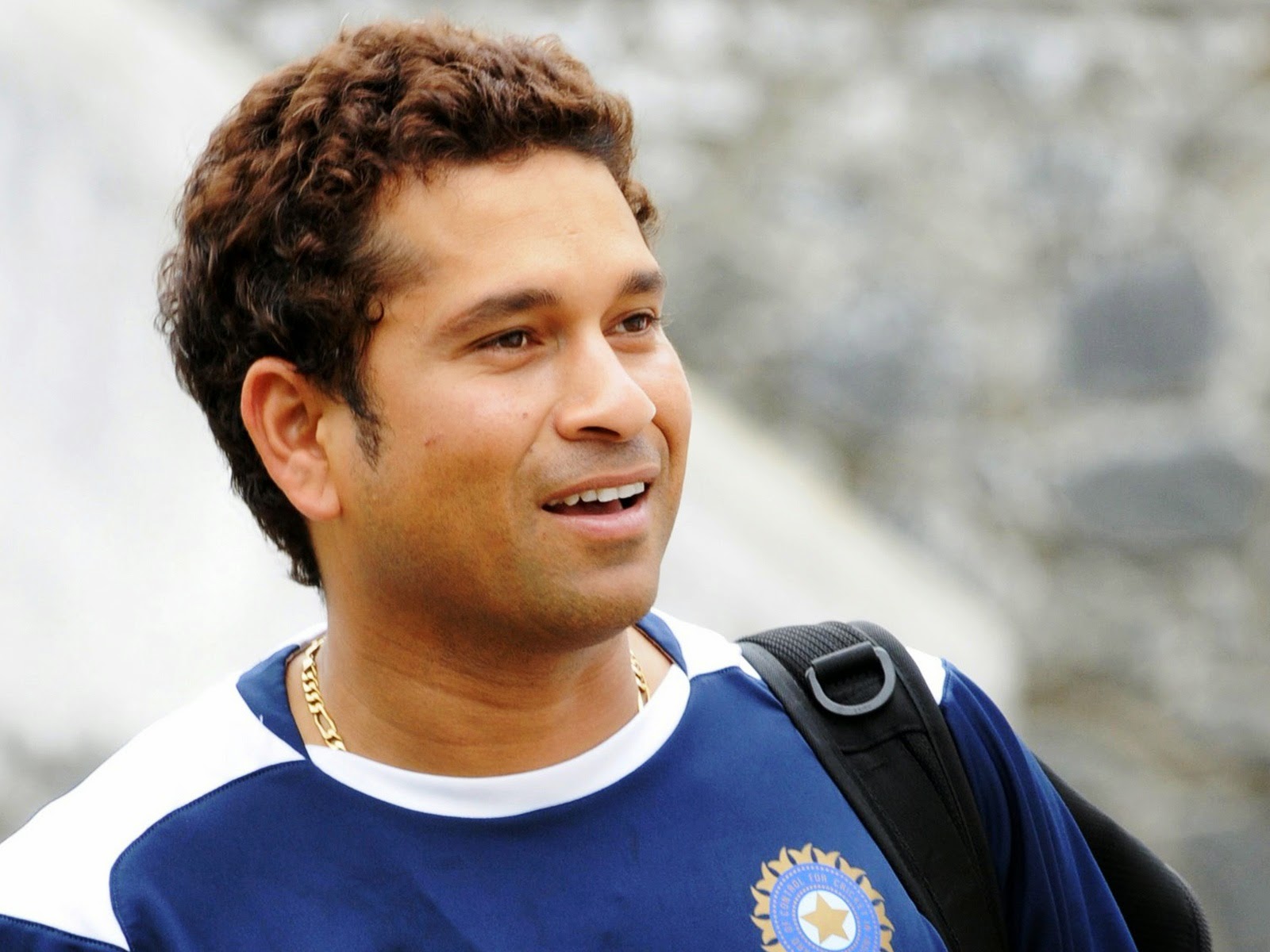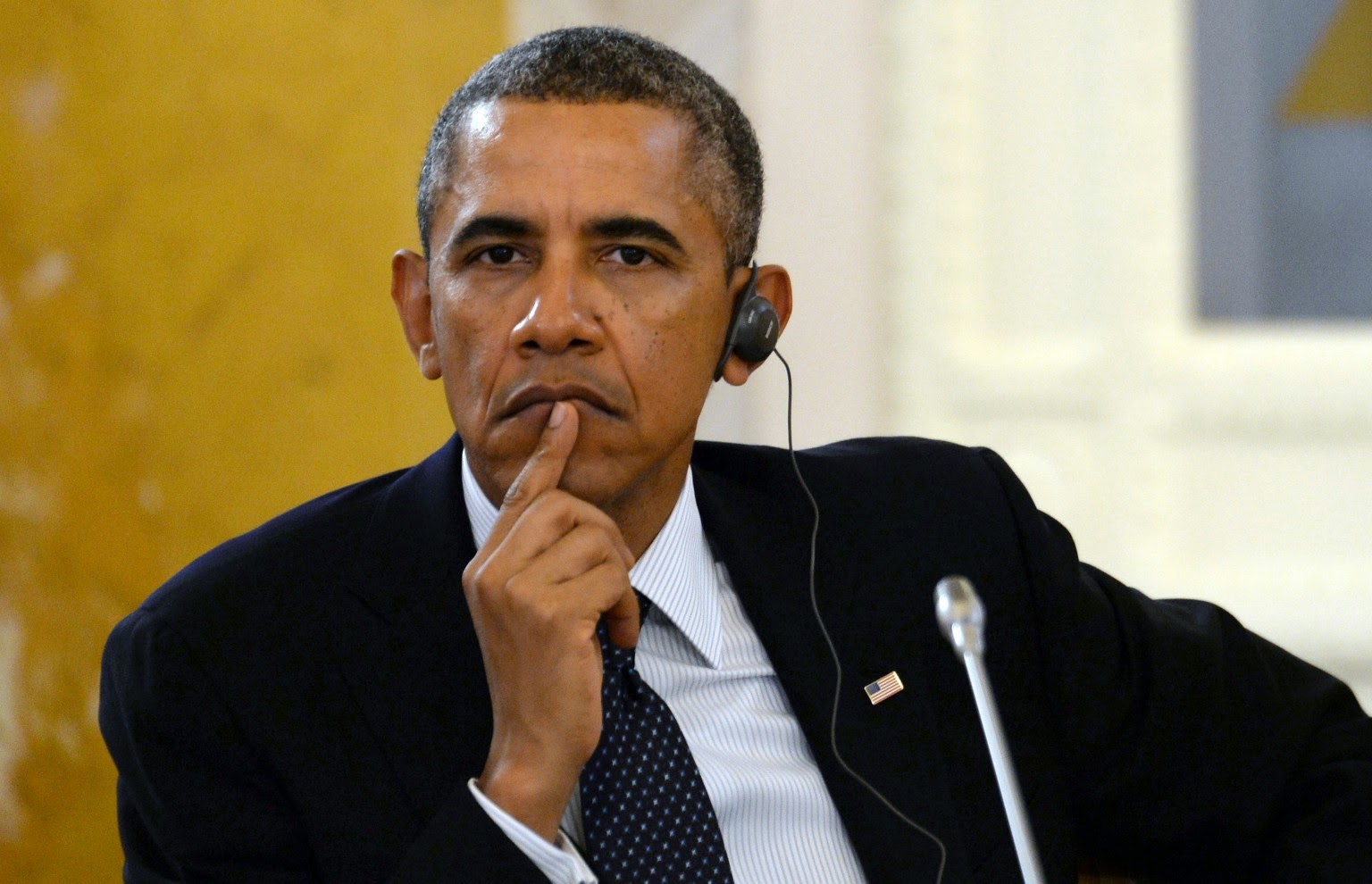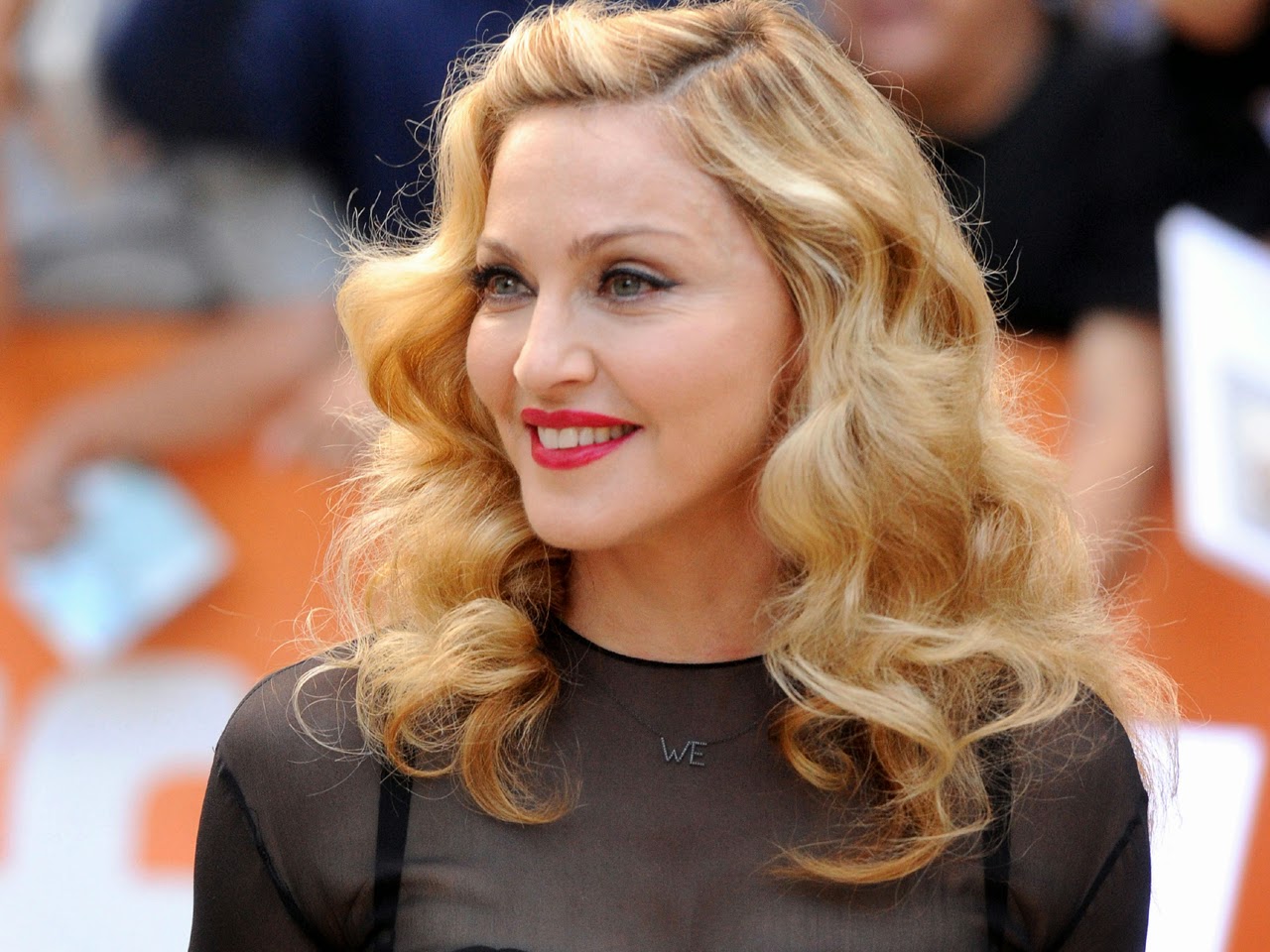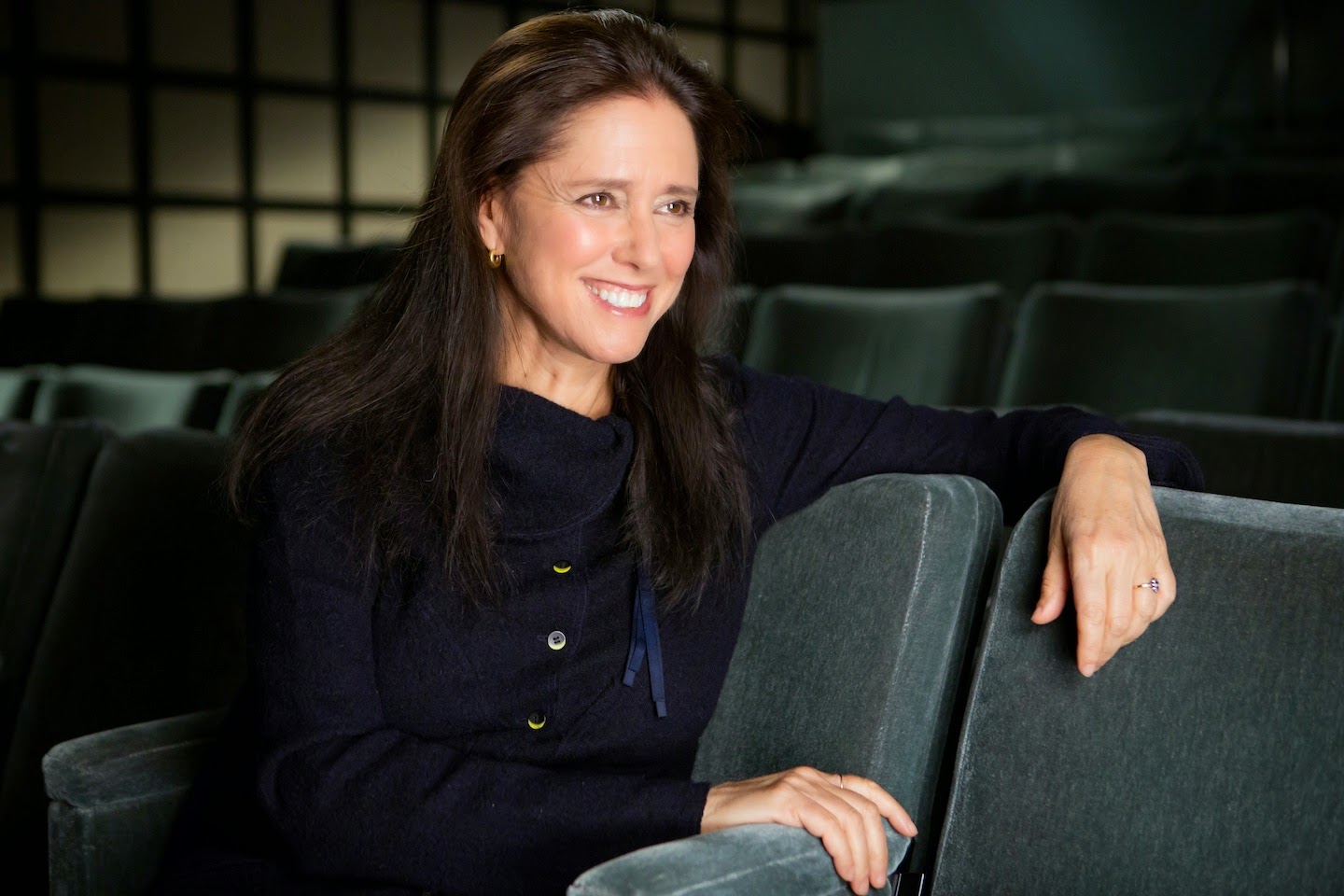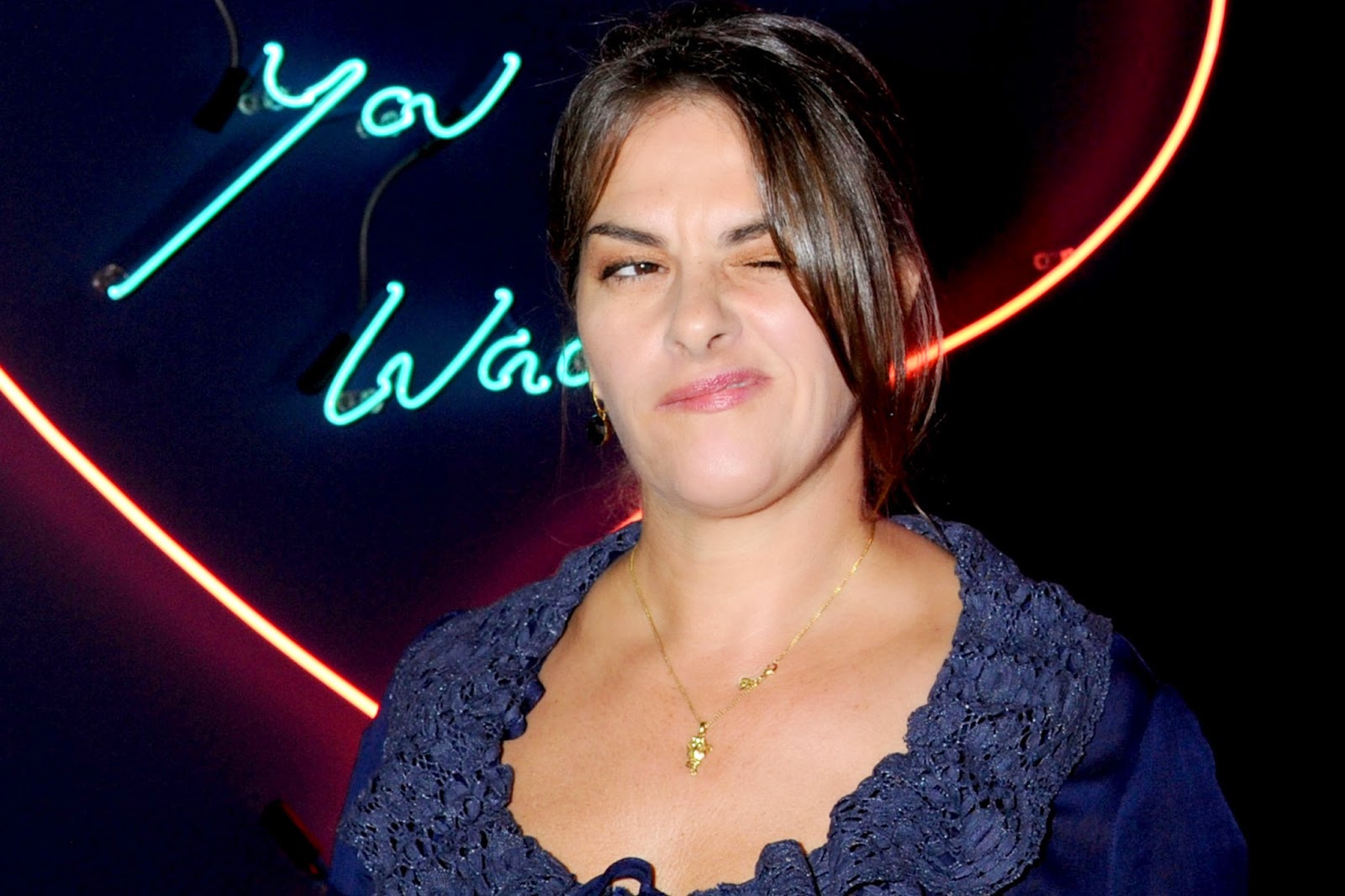Barack Obama is the 44th and current president of the United States, and the first African American to serve as U.S. president. First elected to the presidency in 2008, he won a second term in 2012.
Synopsis
Born on August 4, 1961, in Honolulu, Hawaii, Barack Obama is the 44th and current president of the United States. He was a civil-rights lawyer and teacher before pursuing a political career. He was elected to the Illinois State Senate in 1996, serving from 1997 to 2004. He was elected to the U.S. presidency in 2008, and won re-election in 2012 against Republican challenger Mitt Romney. President Obama continues to enact policy changes in response to the issues of health care and economic crisis.
Education
While living with his grandparents, Obama enrolled in the esteemed Punahou Academy, excelling in basketball and graduating with academic honors in 1979. As one of only three black students at the school, Obama became conscious of racism and what it meant to be African-American. He later described how he struggled to reconcile social perceptions of his multiracial heritage with his own sense of self: "I began to notice there was nobody like me in the Sears, Roebuck Christmas catalog ... and that Santa was a white man," he said. "I went to the bathroom and stood in front of the mirror with all my senses and limbs seemingly intact, looking the way I had always looked, and wondered if something was wrong with me."
Obama also struggled with the absence of his father, who he saw only once more after his parents divorced, when Obama Sr. visited Hawaii for a short time in 1971. "[My father] had left paradise, and nothing that my mother or grandparents told me could obviate that single, unassailable fact," he later reflected. "They couldn't describe what it might have been like had he stayed."
Ten years later, in 1981, tragedy struck Obama Sr. He was involved in a serious car accident, losing both of his legs as a result. Confined to a wheelchair, he also lost his job. In 1982, Obama Sr. was involved in yet another car accident while traveling in Nairobi. This time, however, the crash was fatal. Obama Sr. died on November 24, 1982, when Barack was 21 years old. "At the time of his death, my father remained a myth to me," Obama later said, "both more and less than a man."
After high school, Obama studied at Occidental College in Los Angeles for two years. He then transferred to Columbia University in New York, graduating in 1983 with a degree in political science. After working in the business sector for two years, Obama moved to Chicago in 1985. There, he worked on the South Side as a community organizer for low-income residents in the Roseland and the Altgeld Gardens communities.
Law Career
It was during this time that Barack Obama, who said he "was not raised in a religious household," joined the Trinity United Church of Christ. He also visited relatives in Kenya, which included an emotional visit to the graves of his biological father and paternal grandfather. "For a long time I sat between the two graves and wept," Obama said. "I saw that my life in America—the black life, the white life, the sense of abandonment I felt as a boy, the frustration and hope I'd witnessed in Chicago—all of it was connected with this small plot of earth an ocean away."
Obama returned from Kenya with a sense of renewal, entering Harvard Law School in 1988. The next year, he met Michelle Robinson, an associate at the Chicago law firm of Sidley Austin. She was assigned to be Obama's adviser during a summer internship at the firm, and not long after, the couple began dating. Their first kiss took place outside of a Chicago shopping center—where a plaque featuring a photo of the couple kissing was installed more than two decades later, in August 2012. In February 1990, Obama was elected the first African-American editor of the Harvard Law Review. He graduated from Harvard, magna cum laude, in 1991.
After law school, Obama returned to Chicago to practice as a civil rights lawyer, joining the firm of Miner, Barnhill & Galland. He also taught part time at the University of Chicago Law School (1992-2004)—first as a lecturer and then as a professor—and helped organize voter registration drives during Bill Clinton's 1992 presidential campaign. On October 3, 1992, he and Michelle were married. They moved to Kenwood, on Chicago's South Side, and welcomed two daughters several years later: Malia (born 1998) and Sasha (born 2001).
Entry Into Illinois Politics
Obama published an autobiography, Dreams From My Father: A Story of Race and Inheritance, in 1995. The work received high praise from literary figures like Toni Morrison and has since been printed in 10 languages, including Chinese, Swedish and Hebrew. The book had a second printing in 2004, and was adapted for a children's version. The 2006 audiobook version of Dreams, narrated by Obama, received a Grammy Award (best spoken word album).
Obama's advocacy work led him to run for a seat in the Illinois State Senate. He ran as a Democrat, and won election in 1996. During these years, Obama worked with both Democrats and Republicans to draft legislation on ethics, and expand health care services and early childhood education programs for the poor. He also created a state earned-income tax credit for the working poor. Obama became chairman of the Illinois Senate's Health and Human Services Committee as well, and after a number of inmates on death row were found innocent, he worked with law enforcement officials to require the videotaping of interrogations and confessions in all capital cases.
In 2000, Obama made an unsuccessful Democratic primary run for the U.S. House of Representatives seat held by four-term incumbent candidate Bobby Rush. Undeterred, he created a campaign committee in 2002, and began raising funds to run for a seat in the U.S. Senate in 2004. With the help of political consultant David Axelrod, Obama began assessing his prospects of a Senate win.
Following the 9/11 attacks in 2001, Obama was an early opponent of President George W. Bush's push to go to war with Iraq. Obama was still a state senator when he spoke against a resolution authorizing the use of force against Iraq during a rally at Chicago's Federal Plaza in October 2002. "I am not opposed to all wars. I'm opposed to dumb wars," he said. "What I am opposed to is the cynical attempt by Richard Perle and Paul Wolfowitz and other arm-chair, weekend warriors in this Administration to shove their own ideological agendas down our throats, irrespective of the costs in lives lost and in hardships borne." Despite his protests, the Iraq War began in 2003.
U.S. Senate Career
Obama, encouraged by poll numbers, decided to run for the U.S. Senate open seat vacated by Republican Peter Fitzgerald. In the 2004 Democratic primary, he won 52 percent of the vote, defeating multimillionaire businessman Blair Hull and Illinois Comptroller Daniel Hynes. That summer, he was invited to deliver the keynote speech in support of John Kerry at the 2004 Democratic National Convention in Boston. Obama emphasized the importance of unity, and made veiled jabs at the Bush Administration and the diversionary use of wedge issues.
After the convention, Obama returned to his U.S. Senate bid in Illinois. His opponent in the general election was supposed to be Republican primary winner Jack Ryan, a wealthy former investment banker. However, Ryan withdrew from the race in June 2004, following public disclosure of unsubstantiated sexual deviancy allegations by Ryan's ex-wife, actress Jeri Ryan.
In August 2004, diplomat and former presidential candidate Alan Keyes accepted the Republican nomination to replace Ryan. In three televised debates, Obama and Keyes expressed opposing views on stem cell research, abortion, gun control, school vouchers and tax cuts. In the November 2004 general election, Obama received 70 percent of the vote to Keyes' 27 percent, the largest electoral victory in Illinois history. With his win, Barack Obama became only the third African-American elected to the U.S. Senate since the Reconstruction.
Sworn into office January 4, 2005, Obama partnered with Republican Senator Richard Lugar of Indiana on a bill that expanded efforts to destroy weapons of mass destruction in Eastern Europe and Russia. Then, with Republican Senator Tom Coburn of Oklahoma, he created a website to track all federal spending. Obama also spoke out for victims of Hurricane Katrina, pushed for alternative energy development, and championed improved veterans' benefits.
His second book, The Audacity of Hope: Thoughts on Reclaiming the American Dream, was published in October 2006. The work discussed Obama's visions for the future of America, many of which became talking points for his eventual presidential campaign. Shortly after its release, it hit No. 1 on both the New York Times and Amazon.com best-seller lists.
2008 Presidential Election
In February 2007, Obama made headlines when he announced his candidacy for the 2008 Democratic presidential nomination. He was locked in a tight battle with former first lady and then-U.S. senator from New York Hillary Rodham Clinton. On June 3, 2008, however, Obama became the presumptive nominee for the Democratic Party, and Senator Clinton delivered her full support to Obama for the duration of his campaign. On November 4, 2008, Barack Obama defeated Republican presidential nominee John McCain, 52.9 percent to 45.7 percent, winning election as the 44th president of the United States—and the first African-American to hold this office. His running mate, Delaware Senator Joe Biden, became vice president. Obama's inauguration took place on January 20, 2009.
When Obama took office, he inherited a global economic recession, two ongoing foreign wars and the lowest international favorability rating for the United States ever. He campaigned on an ambitious agenda of financial reform, alternative energy, and reinventing education and health care—all while bringing down the national debt. Because these issues were intertwined with the economic well-being of the nation, he believed all would have to be undertaken simultaneously. During his inauguration speech, Obama summarized the situation by saying, "Today I say to you that the challenges we face are real. They are serious and they are many. They will not be met easily or in a short span of time. But know this, America: They will be met."
First 100 Days
Between Inauguration Day and April 29, 2009, the Obama Administration took to the field on many fronts. Obama coaxed Congress to expand health care insurance for children and provide legal protection for women seeking equal pay. A $787 billion stimulus bill was passed to promote short-term economic growth. Housing and credit markets were put on life support, with a market-based plan to buy U.S. banks' toxic assets. Loans were made to the auto industry, and new regulations were proposed for Wall Street. He also cut taxes for working families, small businesses and first-time home buyers. The president also loosened the ban on embryonic stem cell research and moved ahead with a $3.5 trillion budget plan.
Over his first 100 days in office, President Obama also undertook a complete overhaul of America's foreign policy. He reached out to improve relations with Europe, China and Russia and to open dialogue with Iran, Venezuela and Cuba. He lobbied allies to support a global economic stimulus package. He committed an additional 21,000 troops to Afghanistan and set an August 2010 date for withdrawal of U.S. troops from Iraq. In more dramatic incidents, he took on pirates off the coast of Somalia and prepared the nation for a swine flu attack. For his efforts, he was awarded the 2009 Nobel Peace Prize by the Nobel Committee in Norway.
2010 State of the Union
On January 27, 2010, President Obama delivered his first State of the Union speech. During his oration, Obama addressed the challenges of the economy, proposing a fee for larger banks, announcing a possible freeze on government spending in 2010 and speaking against the Supreme Court's reversal of a law capping campaign finance spending. He also challenged politicians to stop thinking of re-election and start making positive changes, criticizing Republicans for their refusal to support any legislation, and chastizing Democrats for not pushing hard enough to get legislation passed. He also insisted that, despite obstacles, he was determined to help American citizens through the nation's current domestic difficulties. "We don't quit. I don't quit," he said. "Let's seize this moment to start anew, to carry the dream forward, and strengthen our union once more."
Challenges and Successes
In the second part of his term as president, Obama has faced a number of obstacles and scored some victories as well. He signed his health-care reform plan, known as the Affordable Care Act, into law in March 2010. Obama's plan is intended to strengthen consumers' rights and to provide affordable insurance coverage and greater access to medical care. His opponents, however, claim that "Obamacare," as they have called it, added new costs to the country's overblown budget and may violate the Constitution with its requirement for individuals to obtain insurance.
On the economic front, Obama has worked hard to steer the country through difficult financial times. He signed the Budget Control Act of 2011 in effort to rein in government spending and prevent the government from defaulting on its financial obligations. The act also called for the creation of a bipartisan committee to seek solutions to the country's fiscal issues, but the group failed to reach any agreement on how to solve these problems.
Obama has also handled a number of military and security issues during his presidency. In 2011, he helped repeal the military policy known as "Don't Ask, Don't Tell," which prevented openly gay troops from serving in the U.S. Armed Forces. He also gave the green light to a 2011 covert operation in Pakistan, which led to the killing of infamous al-Qaeda leader Osama bin Laden by a team of U.S. Navy SEALs.
Obama made headlines again in June 2012, when a mandate included in his Patient Protection and Affordable Care Act (initiated in 2010) was upheld by the U.S. Supreme Court, thus allowing other important pieces of the law to stay intact. The law includes free health screenings for certain citizens, restrictions to stringent insurance company policies and permission for citizens under age 26 to be insured under parental plans, among several other provisions. In a 5-4 decision, the Court voted to uphold the mandate under which citizens are required to purchase health insurance or pay a tax—a main provision of Obama's health-care law—stating that while the mandate is unconstitutional, according to the Constitution's commerce clause, it falls within Congress' constitutional power to tax.
Re-Election and Second Term
As he did in 2008, during his campaign for a second presidential term, Obama focused on grassroots initiatives. Celebrities such as Anna Wintour and Sarah Jessica Parker aided the president's campaign by hosting fund-raising events.
"I guarantee you, we will move this country forward," Obama stated in June 2012, at a campaign event in Maryland. "We will finish what we started. And we'll remind the world just why it is the United States of America is the greatest nation on Earth."
In the 2012 election, Obama faced Republican opponent Mitt Romney and Romney's vice-presidential running mate, U.S. Representative Paul Ryan. On the evening of November 6, 2012, Obama was announced the winner of the election, gaining a second four-year term as president. Early election results indicated a close race. By midnight on Election Day, however, Obama had received more than 270 electoral votes—the number of votes required to win a U.S. presidential election; later results showed that the president had won nearly 60 percent of the electoral vote, as well as the popular vote by more than 1 million ballots.
Nearly one month after President Obama's re-election, the nation endured one of its most tragic school shootings to date: On December 14, 2012, 20 children and six adult workers were shot to death at the Sandy Hook Elementary School in Newtown, Connecticut. Two days after the attack, Obama delivered a speech at an interfaith vigil for the victims in Newtown, discussing a need for change in order to make schools safer, and alluding to implementing stricter gun control. "These tragedies must end," Obama stated. "We can't accept events like these as routine. In the coming weeks, I'll use whatever power this office holds to engage my fellow citizens, from law enforcement, to mental-health professionals, to parents and educators, in an effort aimed at preventing more tragedies like this, because what choice do we have? . . . Are we really prepared to say that we're powerless in the face of such carnage, that the politics are too hard?"
Obama achieved a major legislative victory on January 1, 2013, when the Republican-controlled House of Representatives approved a bipartisan agreement on tax increases and spending cuts, in an effort to avoid the looming fiscal cliff crisis (the Senate voted in favor of the bill earlier that day). The agreement marked a productive first step toward the president's re-election promise of reducing the federal defecit by raising taxes on the extremely wealthy—individuals earning more than $400,000 per year and couples earning more than $450,000, according to the bill. Prior to the the bill's passage, in late 2012, tense negotiations between Republicans and Democrats over spending cuts and tax increases became a bitter political battle. Vice President Joe Biden managed to hammer out a deal with Republican Senate Minority Leader Mitch McConnell. Obama pledged to sign the bill into law.
Barack Obama officially began his second term on January 21, 2013. The inauguration was held on Martin Luther King Jr. Day. Civil rights activist Myrlie Evers-Williams, the widow of Medgar Evers, gave the invocation. James Taylor, Beyoncé Knowles and Kelly Clarkson sang at the ceremony and poet Richard Blanco read his poem "One Today." U.S. Supreme Court Chief John Roberts conducted Obama's presidential oath of office. After completing his oath, Obama was congratulated by his wife Michelle and daughters Malia and Sasha.
In his inaugural address, Obama called the nation to action on such issues as climate change, health care and marriage equality. "We must act, knowing that our work will be imperfect. We must act, knowing that today's victories will be only partial and that it will be up to those who stand here in four years and 40 years and 400 years hence to advance the timeless spirit once conferred to us in a spare Philadelphia hall," Obama told the crowd gathered in front of the U.S. Capitol building.
Celebrations continued that day. President Barack Obama and First Lady Michelle Obama attended two official inauguration balls, including one held at the Walter E. Washington Convention Center. There the first couple danced the Al Green classic "Let's Stay Together," sung by Jennifer Hudson. Alicia Keys and Jamie Foxx also performed.
After the inauguration, Obama led the nation through many challenges. None more difficult perhaps, the bombing of the Boston Marathon on April 15, 2013. Three people were killed and more than 200 people were injured in this terror attack. Obama traveled to Boston to speak at a memorial service three days after the bombings. To the wounded, he said "Your country is with you. We will all be with you as you learn to stand and walk and, yes, run again. Of that I have no doubt. You will run again." And he applaused the city's citizens response to this tragedy. "You’ve shown us, Boston, that in the face of evil, Americans will lift up what’s good. In the face of cruelty, we will choose compassion."
By June, Obama had suffered a significant drop in his approval ratings in a CNN/ORC International poll. He declined to an approval rating of only 45 percent—his lowest rating in more than 18 months. The poll results meant that more than half of Americans disapproved of how Obama was doing as president. Experts attribute the ratings slide to several factors, including the controversy surrounding the NSA surveillance program.
Obama defended the NSA's program, which includes email monitoring and telephone wiretapping, during a visit to Germany that June. "We are not rifling through the emails of German citizens or American citizens or French citizens or anyone else,” he said, according to the Financial Times."The encroachment on privacy has been strictly limited." Obama stated that the program has helped stop roughly 50 threats.
In early July 2013, President Obama made history when he joined former President George W. Bush in Africa to commemorate the 15th anniversary of Osama bin Laden's first U.S. attack. The event marked the first meeting between two U.S. presidents on foreign soil in commemoration of an act of terrorism.
Later that month, Obama spoke out about the Trayvon Martin murder trial and the outrage that followed the jury's verdict. His shooter George Zimmerman was acquitted of killing the African American teen in Florida. In a White House press conference, the president said that "when Trayvon Martin was first shot I said that this could have been my son. Another way of saying that is Trayvon Martin could have been me 35 years ago." Obama explained that this particular case was a state matter, but he discussed how the federal government could address some of the legislative and racial issues brought up by this situation.
Obama found himself grappling with an international crisis in late August and September 2013. It was discovered that Syrian leader Bashar al-Assad had used chemical weapons against civilians. According to the White House website, Obama said that "thousands of people, including over 400 children," had been killed in these attacks. Syria's actions present "a serious national security threat to the United States and to the region, and as a consequence, Assad and Syria needs to be held accountable." The president then worked to persuade Congress and the international community at large to take action against Syria.
As the positions of the members of Congress revealed that the majority was in favor of refraining from striking Syria, Obama announced an alternative solution. During an address on forthcoming action against Syria made on September 10, 2013, Obama stated that if al-Assad agreed with the stipulations outlined in a proposal made by Russia to give up its chemical weapons, then a direct strike against the nation could be avoided. Al-Assad acknowledged the possession of chemical weapons and was receptive to the idea of a proposal from Russia, however Obama stated that "It's too early to tell whether this offer will succeed, and any agreement must verify that the Assad regime keeps its commitments."
Later that month, Obama made diplomatic strides with Iran. He spoke with Iranian president Hassan Rouhani on the phone, which marked the first time the leaders of the two countries have had direct contact in decades. This groundbreaking move by Obama is seen by many as a sign of thawing in the relationship between the United States and Iran. According to an NBC News report, Obama said that "The two of us discussed our ongoing efforts to reach an agreement over Iran's nuclear program." Obama expressed some optimism that a deal on the issue could be reached.
Obama found himself struggling on the domestic front in October 2013. There was a 16-day shutdown of the federal government, which was caused by a dispute over the federal budget. Republicans especially wanted to defund or otherwise derail Obama's Affordable Care Act. After a deal had been reached to end the shutdown, Obama used his weekly address to express his frustration over the situation and his desire for political reform. "The way business is done in Washington has to change. Now that these clouds of crisis and uncertainty have lifted, we need to focus on what the majority of Americans sent us here to do—grow the economy, create good jobs, strengthen the middle class, lay the foundation for broad-based prosperity, and get our fiscal house in order for the long haul."
The Affordable Care Act continued to come under fire in October after the failed launch of HealthCare.gov, which was meant to help people find health insurance. Extra technical support was brought in to work on the troubled website after users encountered difficulty with it in its early days. The act also seemed to impact the existing insurance policies of many Americans, causing them to lose coverage. According to the Chicago Tribune, Obama insisted that his legislation didn't cause the coverage change, the insurance companies did. He said, "Remember, before the Affordable Care Act, these bad-apple insurers had free rein every single year to limit the care that you received, or used minor pre-existing conditions to jack up your premiums, or bill you into bankruptcy."
Under mounting pressure, Obama found himself apologizing regarding some health care changes. He told those who lost their insurance plans that "I am sorry that they are finding themselves in this situation based on assurances they got from me," according to a NBC News report. Obama pledged to find a remedy to this problem. "We are going to do everything we can to deal with folks who find themselves in a tough position as a consequence of this."
Obama had to manage more challenges in the area of foreign relations around this time as well. In October 2013, German chancellor Angela Merkel revealed that the U.S. National Security Agency had been listening in to her cell phone calls. Speaking at a summit of European leaders, Merkel said that "Spying among friends is never acceptable," according to CNN.com.
In the wake of several controversies, Obama saw his approval rating drop to a new low in November 2013. Only 37 percent of Americans polled by CBS News thought he was doing a good job as president. Another 57 percent disapproved of his handling of the nation.
In March 2014, in an effort to provide relief for Ukrainians following the 2014 Ukrainian revolution—which began with civil unrest and protests in Kiev and led to the downfall of Ukrainian President Viktor Yanukovych's administration, and subsequently, work to establish a new government for the country—it was announced that Obama had ordered a round of sanctions targeting individuals and businesses considered by the U.S. government to be Ukraine agitators or involved in the Crimean crisis—where Russian troops' seizure of control led to a referendum to decide whether the region could separate from the Ukraine and join Russia.
"The proposed referendum on the future of Crimea would violate the Ukrainian constitution and violate international law," Obama stated at the White House. "In 2014 we are well beyond the days when borders can be redrawn over the heads of democratic leaders." According to the president, the sanctions give the U.S. "the flexibility to adjust our response going forwarder based on Russia's actions. We took these steps in close coordination with our European allies."
Obama faced more difficulties at home and abroad later that year. In addition to the ongoing troubles in Ukraine, tensions between Israelis and Palestinians erupted into violence during the summer. He also faced a domestic situation regarding the U.S.-Mexico border, with tens of thousands of children making the perilous crossing alone. Many Republicans called for the rapid deportation of these illegal immigrants while others considered the situation to a humanitarian crisis. Another of the president's woes came from the legislative branch. Speaker of the House John Boehner launched an effort to sue Obama for overstepping his executive powers with some of his actions regarding the Affordable Care Act.
In September 2014, Obama led an attack against the Islamic State, also known as ISIS or ISIL. The United States, along with several Arab countries, launched airstrikes on targets related to this extremist Islamic militant group around this time. Obama also appeared at the United Nations to call for more nations to rally together against ISIS. According to The New York Times, he said that "The only language understood by killers like this is the language of force. So the United States of America will work with a broad coalition to dismantle this network of death."
That November, Obama had to cope with new challenges on the home front. Republicans made an impressive showing on election day, changing the balance of power in the Senate. The Democrats lost their majority in the Senate. Obama must now contend with Republicans controlling both the House and the Senate for the final two years of his term.
Obama flexed his presidential power in December, moving to reestablish diplomatic relations with Cuba. This policy change came after an exchange of prisoners between the two nations. American citizen Alan Gross and another unnamed American intelligent agent were released by the Cuban government in return for three Cuban spies. In a speech at the White House, Obama explained that this dramatic shift in Cuban policy will "create more opportunities for the American and Cuban people, and begin a new chapter among the nations of the Americas."
In addition to renewing diplomatic ties with Cuba, Obama also announced plans "to increase travel, commerce and the flow of information to and from Cuba." He cannot, however, lift the U.S. economic embargo of Cuba, which has lasted for more than 50 years. The embargo only be removed with the approval of Congress. Obama may not be able to sway Congress to agree on this policy shift. Leading Republican senators, such as John Boehner, Mitch McConnell and Marco Rubio, have all spoken out against Obama's new Cuba policies.

